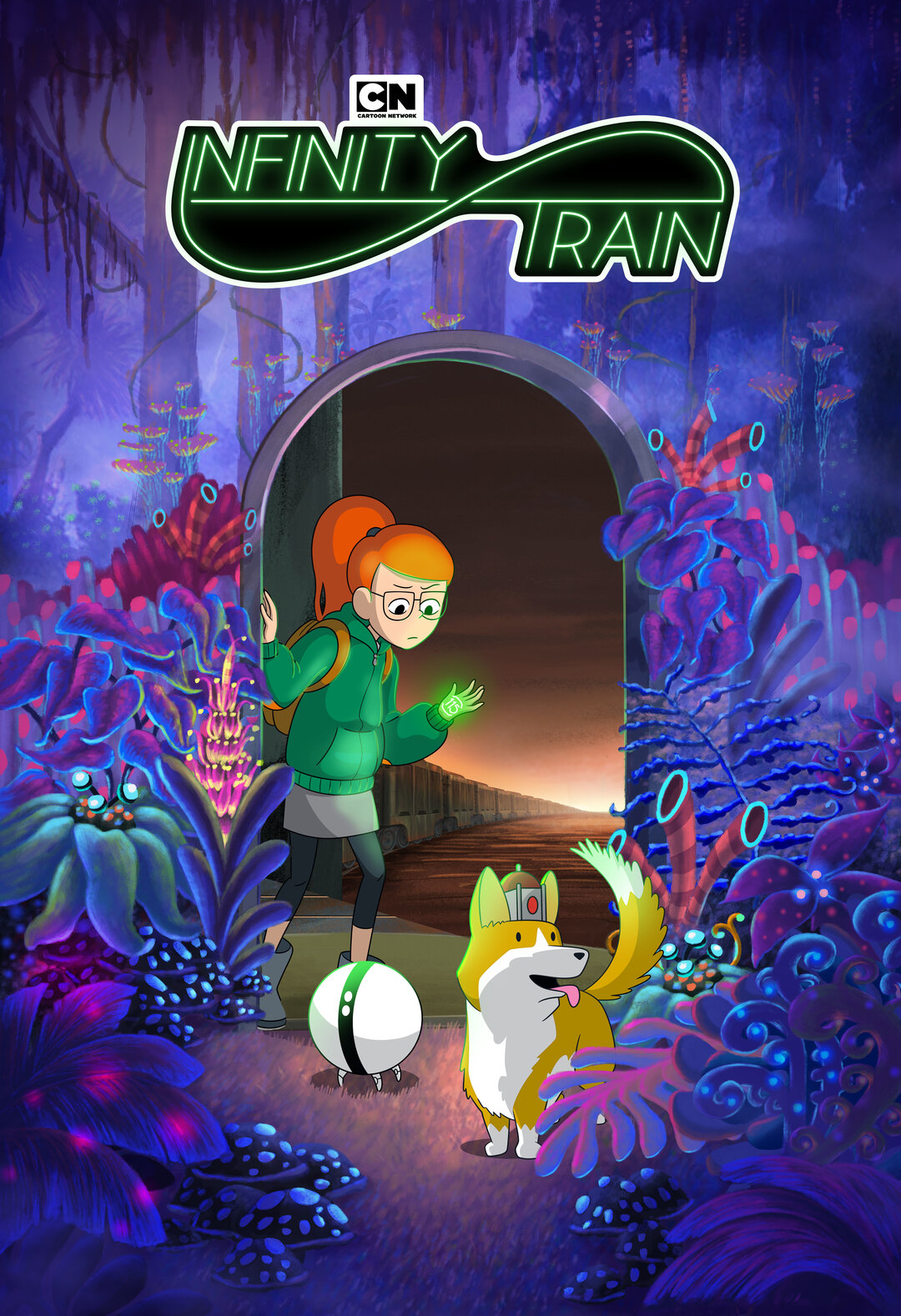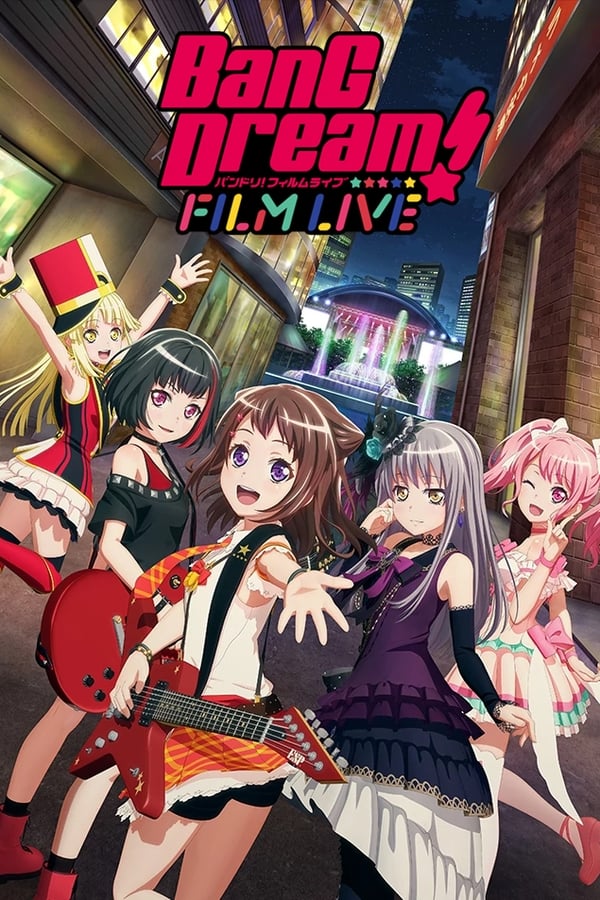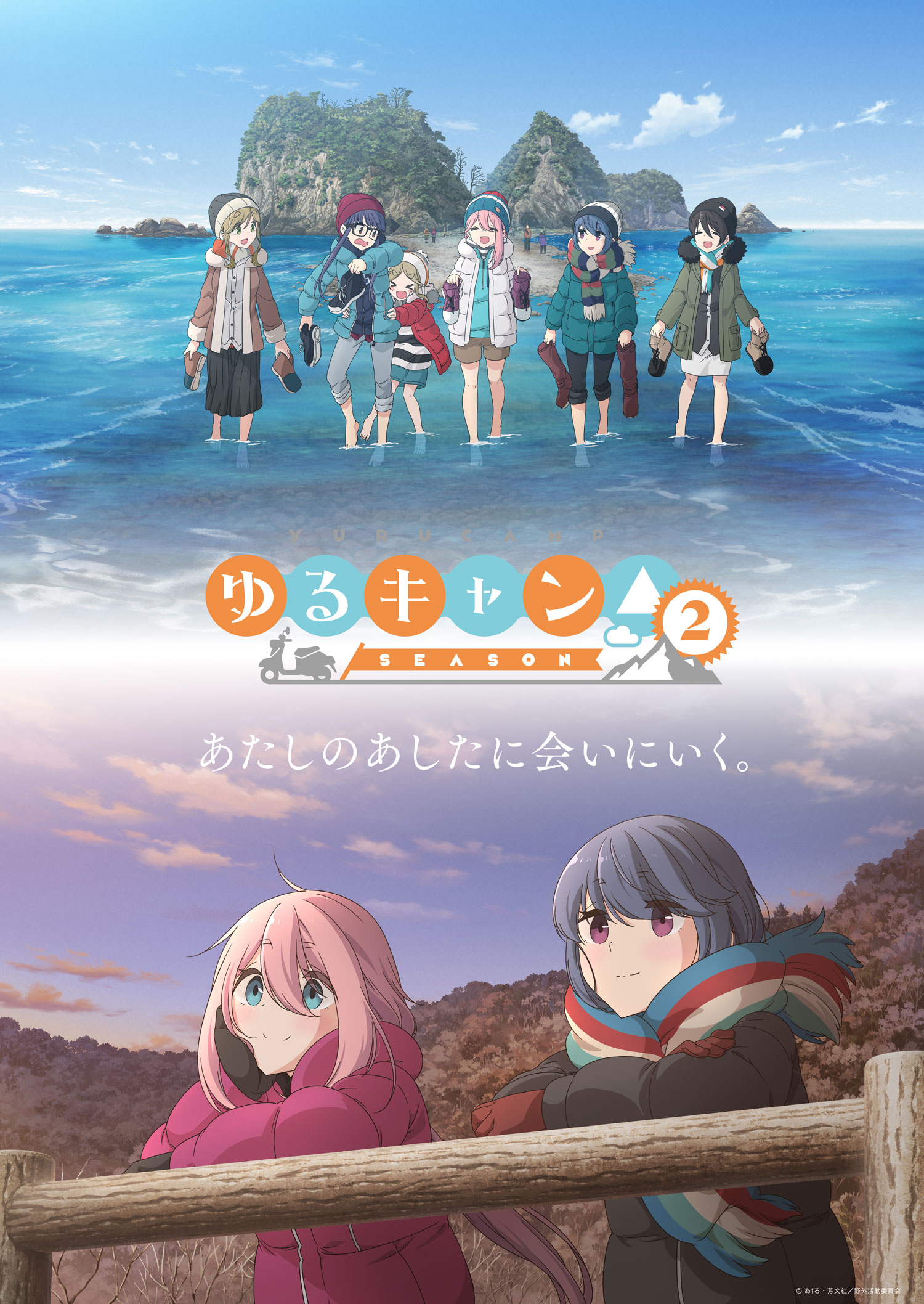
I give this epic shoujo manga that revolutionized an entire genre...a 93/100!
In the year 1971, shoujo manga was beginning to get popular, with many new mangaka, many of them being women, changing the comic industry in Japan by writing stories aimed at women. The tides were turning swiftly, but none more so than the debut of Riyoko Ikeda's masterpiece,
The Rose of Versailles. With its lush artwork, sweeping storyline spanning several decades, telling the rise and fall of French queen Marie Antoinette in the years before the French Revolution, accompanied by a strong, charismatic, fearless but still human female lead in Oscar,
Rose of Versailles exploded in popularity all across the world, with many hailing it as one of the absolute best manga ever made. It has been constantly referenced, parodied, and used as inspiration for many other anime and manga since (
Revolutionary Girl Utena is one notable example of this) because of its willingness to not only push the boundaries of shoujo manga aimed at girls, and for proving that shoujo manga that tell more serious, action-oriented stories can be good. To this day,
Rose of Versailles is still hailed as a classic.
Oddly enough, even though it's very popular across the world, the manga itself didn't get released in North America until 2020, almost fifty years after its first publication. The first two volumes of the manga did get translated, but only because someone used them solely for the purposes for teaching English to Japanese readers. Even the anime had trouble getting brought over to the US. One reason that the manga didn't get published in the US at first was that
according to one article, it was surmised that Ikeda wouldn't allow publishers to license it unless they paid the licensing fee that she specifically asked for, which was said to be so exorbitant that no American manga publisher could ever hope to afford it. Licensing manga for American release isn't exactly a get-rich-quick scheme, and don't let those long-running shounen manga fool you into believing so. This would eventually get rectified for both the anime and manga, with the former being released on DVD by Nozomi Entertainment in 2013, before falling out of print and now with a newly released Blu-Ray set from Discotek Media. Against all the odds,
Udon Entertainment managed to license the Rose of Versailles manga in 2015, with intent to translate and release the entire series, including the side-stories, in large, hardback omnibus collections as a means of putting it out quicker. The first volume was originally going to be released in 2016, but due to the scale of the project and the gravity of just how important it is to the manga world as a whole, along with wanting to give it the most polished, faithful, authentic translation possible, it was delayed for years until it finally came out in 2020, along with COVID-related delays for later volumes after that. The fact that
Rose of Versailles is getting a complete English release at all is a HUGE deal to anime/manga connoisseurs, and considering the industry has had plenty of miracles in the past few years (
Legend of Galactic Heroes getting released in the US, a small movie licensor managing to get US blu-ray publishing rights for
Neon Genesis Evangelion—which is also considered exorbitantly expensive to license,
Gunbuster getting an English dub after years of not having one, and other classic anime and manga getting the same treatment), this proves that even the impossible can be possible.
So enough of that history lesson. What's the story actually about? The manga tells the tale of infamous French queen Marie Antoinette, her rise to power, and eventual fall from grace leading up to the French Revolution. It also follows the exploits of one Oscar Francois de Jarjayes, commander of Marie Antoinette's royal guard. Oscar's father has wanted a son for so long, but despite his best efforts, his wife has only provided him daughters, so he decides to raise his youngest baby as a boy, even though Oscar is female. The story explores how Marie Antoinette's decisions negatively affected France, Oscar seeing how France is governed, along with the plight of the poor, and all the important events that lead to the French Revolution, with a few fictitious elements sprinkled in for good measure.
Really, what's there to be said about the manga's artwork that hasn't been said already? All the characters have distinct designs, the page layout is outstanding, backgrounds, costumes, and set pieces are lavishly detailed, and from a non-artwork standpoint, it's made very clear that she did her homework in regards to making sure the overall setting and history is as accurate as humanly possible, even with certain characters either being completely fictional, highly fictionalized versions of other people, or did things differently than their real life counterparts. My only real complaint about it is that some characters can be hard to distinguish from one another, as many of them have the same 18th century hairstyle that was common during that time period, but that's more of a nitpick than anything. But I do have to critique parts of the English translation, as there are several instances where the characters use "must needs" for some reason, like "You must needs change clothes." This to me makes no grammatical sense, and it would have flowed better if the translator had written it as either "You need to change clothes" or "You must change clothes." This weird sentence structure is used other times in the manga as well, and it just feels very jarring to me, especially when you take into account that Udon poured over translating it over the course of years, from when they first announced the license to actually putting the volumes out.
Of course, a series like this absolutely lives or dies on its characters, and I think on that front, the manga succeeds spectacularly. Every single character, from the main ensemble to minor characters who don't exactly get a whole lot of page time, advance the story in their own ways, and even when they're not on screen, you can bet the manga isn't going to let them sit around doing nothing until they get focus again, as they all have their own agendas they carry out behind the scenes. Plus, while most series only cover a few years at most,
Rose of Versailles' whole story takes place over a period of 24 years, and in that time, you really get to see them grow and change, some for the better, and some for the worst. Plus, you have to give the series kudos for making a good character out of Marie Antoinette, succeeding in making her sympathetic while still retaining her as the wildly naive, careless, irresponsible queen that she was. And then you have Oscar, who...what's there to say about Oscar that hasn't been said already? There's a reason why she's considered one of the best shoujo protagonists of all time, if not THE best one. She's strong, independent, charismatic, doesn't take crap from anyone, but still has plenty of flaws, like being overly prideful, and is allowed to be emotional and vulnerable when the time calls for it. People nowadays believe that the only way women can be truly strong is if they're nothing but stoic, emotionless beings, and that having them be vulnerable will make them come across as spineless and weak, but that's not true. People forget that characters need to be interesting in order to be truly likeable, and that involves showing how they deal with their flaws. Even many anime characters in anime nowadays are so focused on either being completely flawless, overpowered, or outright jackasses who get everything handed to them on a silver platter, that they come across as boring or too perfect to be invested in. Flawed characters are interesting when you show them dealing with their flaws, people!
The characters aren't the only ones with top notch development. Ikeda really worked hard to make the setting and the story feel alive, and the story itself really evolves over the course of its run. At first it seems like it'll be old school shoujo fare, complete with nobles, frilly dresses, sparkles, romance, and cheesy court politics (Seriously, I found Du Barry's whole motive to be really shallow), but once the French Revolution comes closer, the series gradually gets darker and darker. From that point on, you can't really call it a shoujo anymore, and it transcends genres. As far as overall flaws go, they're pretty negligible, but I can name a few. For one, the series doesn't always make transitions from one scene to another very clear. Most manga have things that indicate the changing of a scene or the passage of time, like bars that change size, or stylized borders, and so on, and
Rose of Versailles doesn't have those. With the way most pages are set up, it looks like several scenes are playing out on the page at once, and it's often hard to tell if time has passed or not. Also, some of the cartoony expressions and humor can feel out of place at times, though unlike, say,
Yona of the Dawn, they're not so pervasive that they pop up every single time there's a serious moment. There are also a few side stories that, while fun as their own entities, don't really feel like they fit into the narrative of
Rose of Versailles because of how tonally dissonant they feel in terms of their mood and genres, namely the Countess In Black story at the end of volume 4. That one was just...weird, and it felt like it should have been its own separate story because of the supernatural and even sci-fi elements involved. I mean, RoV is a shoujo historical fiction story, so it's pretty jarring to have a side story where one of the characters is basically a bona fide robot made to look like a human being even though that kind of technology couldn't have existed in the late 18th century.
That being said, those things are negligible compared to how great the rest of the series is. Having seen the entire anime and now having read the entire manga, and owning it, I can wholeheartedly say that
Rose of Versailles has absolutely earned its place in the anime/manga pantheon. There's really no other manga like it, and I can only imagine what the industry would be like had it not made the splash that it did. So don't think the seventies was full of badly animated fodder meant to sell toys or fill up empty space on TV channels. Do yourself a favor and read
Rose of Versailles. It's not considered one of the greatest shoujo manga of all time for nothing...if you can manage to track down the English volumes, that is. Yeah, even though the series is fully out now, it's starting to fall out of print because of COVID causing delays in production, and Udon hasn't been able to make enough stock despite the manga being so recent. Even Right Stuf is running out of stock. I'm lucky to have managed to get all five volumes when I did, but if you can find it, definitely check it out if you can!

















